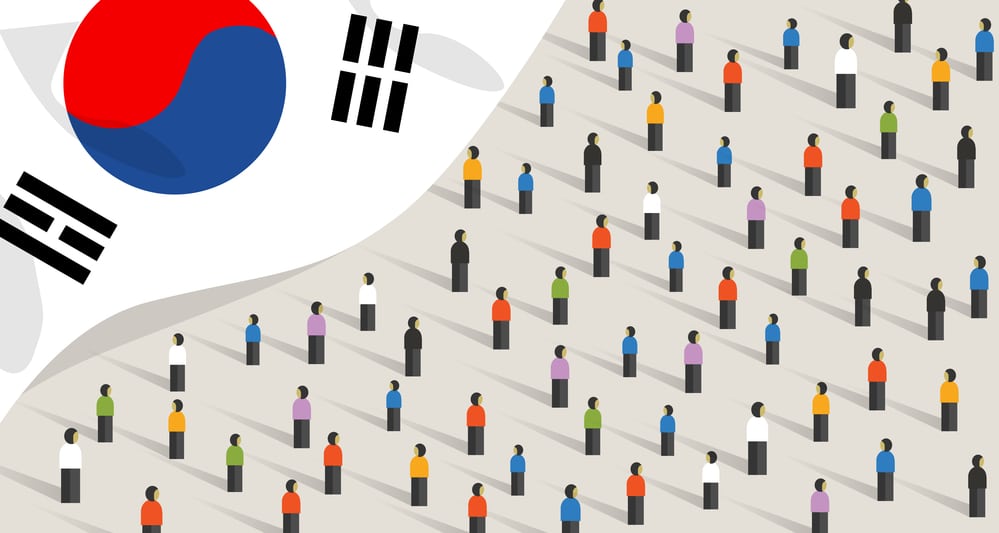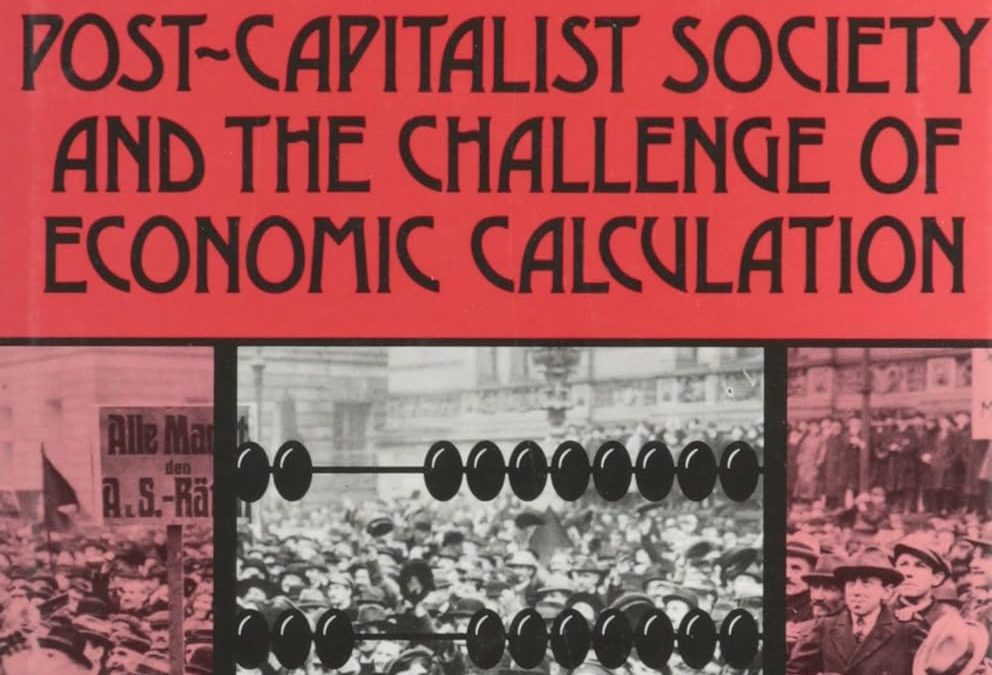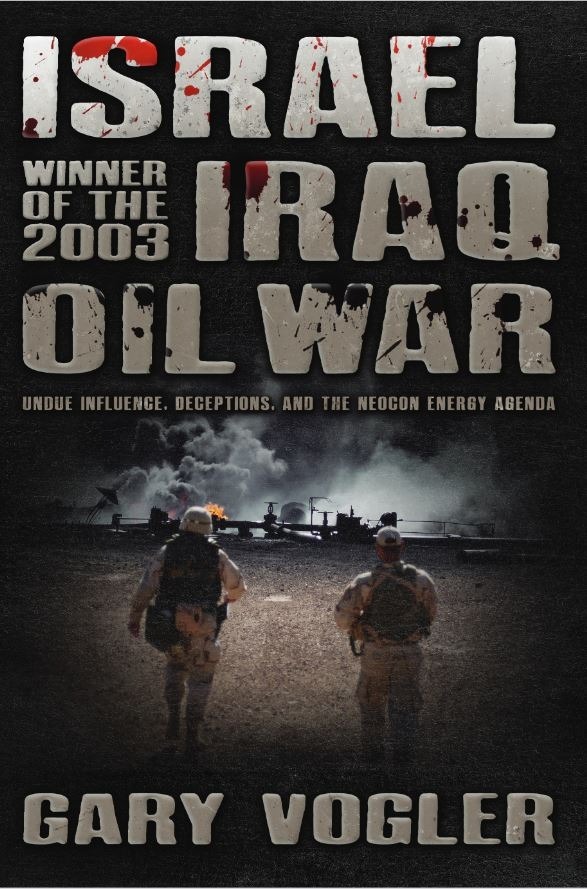"That there is inequality of ability or monetary income on the free market should surprise no one. As we have seen above, men are not 'equal' in their tastes, interests, abilities, or locations. Resources are not distributed “equally” over the earth.16 This inequality...
free markets
Blog
Shop Our Books
The National Debt and You: What it Is, How it Works, and Why it Matters
Provoked: How Washington Started the New Cold War with Russia and the Catastrophe in Ukraine
Over and over, U.S. government officials and their mainstream media allies called Russia’s 2022 invasion of Ukraine an “unprovoked attack.” The slogan became so overused that people began to ask the obvious question: Why do they protest so much? In Provoked: How...


















